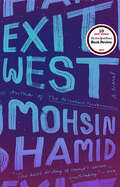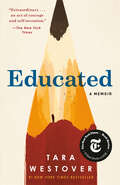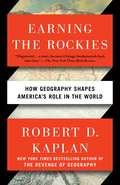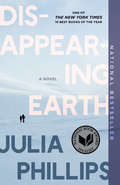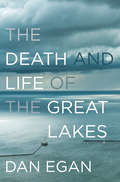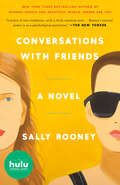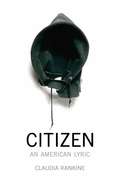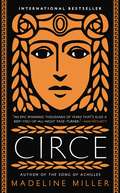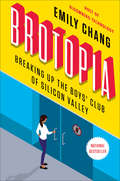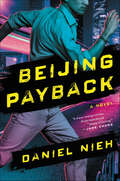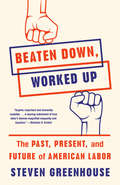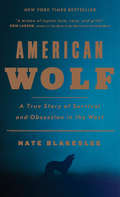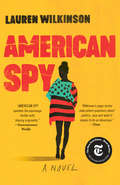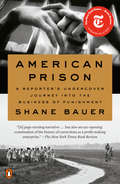Special Collections
Now Read This Book Club (PBS NewsHour-New York Times)
- Table View
- List View
Showing 26 through 39 of 39 results
1
2
| Year | Month | Title | Author | Date Added | Action |
|---|---|---|---|---|---|
| 2018 | March |
|
Mohsin Hamid | 03/09/2018 | |
| 2018 | May |
|
Tara Westover | 05/03/2018 | |
| 2018 | September |
|
Robert D. Kaplan | 08/31/2018 | |
| 2020 | April |
|
Julia Phillips | 05/04/2020 | |
| 2018 | April |
|
Dan Egan | 04/02/2018 | |
| 2019 | September |
|
Sally Rooney | 09/03/2019 | |
| 2020 | July |
|
Claudia Rankine | 07/16/2020 | |
| 2019 | December |
|
Madeline Miller | 12/03/2019 | |
| 2019 | April |
|
Emily Chang | 04/01/2019 | |
| 2020 | August |
|
Daniel Nieh | 09/01/2020 | |
| 2020 | September |
|
Steven Greenhouse | 10/02/2020 | |
| 2018 | October |
|
Nate Blakeslee | 10/09/2018 | |
| 2020 | June |
|
Lauren Wilkinson | 06/02/2020 | |
| 2020 | February |
|
Shane Bauer | 02/03/2020 |
Showing 26 through 39 of 39 results
1
2
